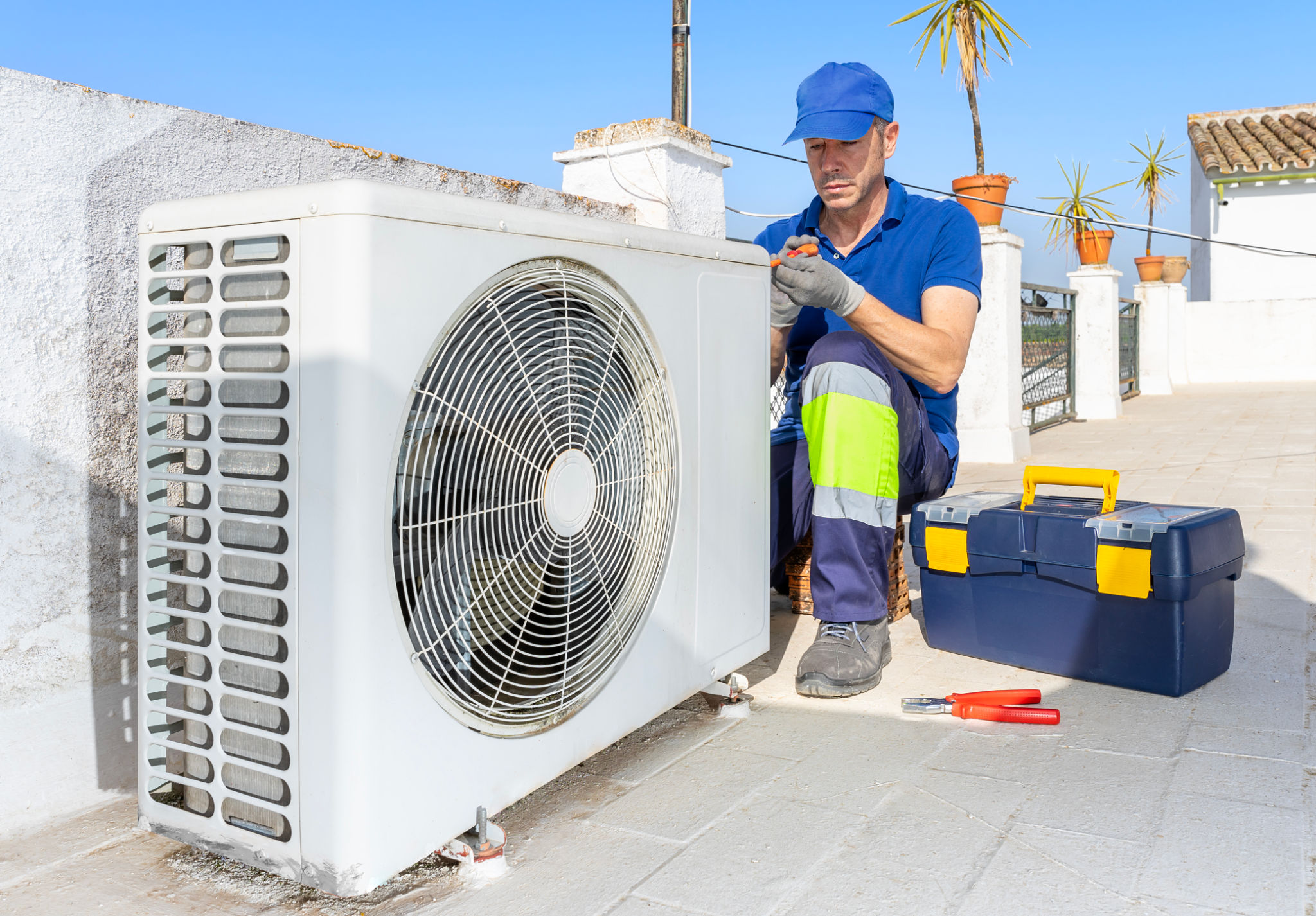Busting Common HVAC Myths: What You Really Need to Know
Debunking the Myth of Annual HVAC Replacement
One of the most pervasive myths about HVAC systems is that they need to be replaced annually to maintain efficiency. This is far from the truth. Most homeowners can expect their HVAC systems to last anywhere from 10 to 15 years with proper maintenance. Replacing your system annually is not only unnecessary but also an expensive endeavor.
Instead of frequent replacements, focus on regular maintenance and timely repairs. Scheduling an annual inspection can help spot potential issues early and extend the life of your HVAC system. This proactive approach ensures that your system runs efficiently without the need for constant replacements.

Does Cranking the Thermostat Heat or Cool Faster?
Many people believe that setting the thermostat to the maximum or minimum temperature helps the system heat or cool a home faster. Unfortunately, this is not the case. HVAC systems operate at a consistent rate until they reach the desired temperature, so extreme settings do not expedite the process.
In fact, setting your thermostat to extreme temperatures can lead to unnecessary energy consumption and increased utility bills. The best practice is to set your thermostat to your desired temperature and allow the system to work at its designated pace.
Closing Vents Saves Energy: Myth or Reality?
A common misconception is that closing vents in unused rooms saves energy by directing airflow to areas where it’s needed more. On the contrary, this can cause an imbalance in your HVAC system, leading to potential damage and inefficiency.

HVAC systems are designed to heat or cool an entire home based on the size of the house and the number of vents. Closing vents can increase pressure within the ductwork, potentially causing leaks or damage to your system. It’s best to keep all vents open and let your system operate as designed.
The Impact of Size on HVAC Efficiency
Another widespread myth is that a bigger HVAC system will perform better. However, an oversized unit can be just as problematic as an undersized one. A system that is too large for your home will cycle on and off too frequently, leading to increased wear and tear and higher energy bills.
Proper sizing is crucial for efficiency. A unit that fits your home’s specifications will operate more efficiently, providing consistent comfort without unnecessary energy expenditure. Consulting with a professional will ensure you have the right-sized system for your needs.

The Role of Air Filters in System Efficiency
It’s often thought that air filters only improve indoor air quality, but they play a vital role in maintaining your HVAC system's efficiency as well. Dirty filters can restrict airflow, forcing your system to work harder and consume more energy.
Replacing filters regularly is crucial for optimal performance. Most experts recommend changing filters every three months, though homes with pets or allergies might need more frequent changes. This simple task can significantly impact both air quality and system efficiency.
